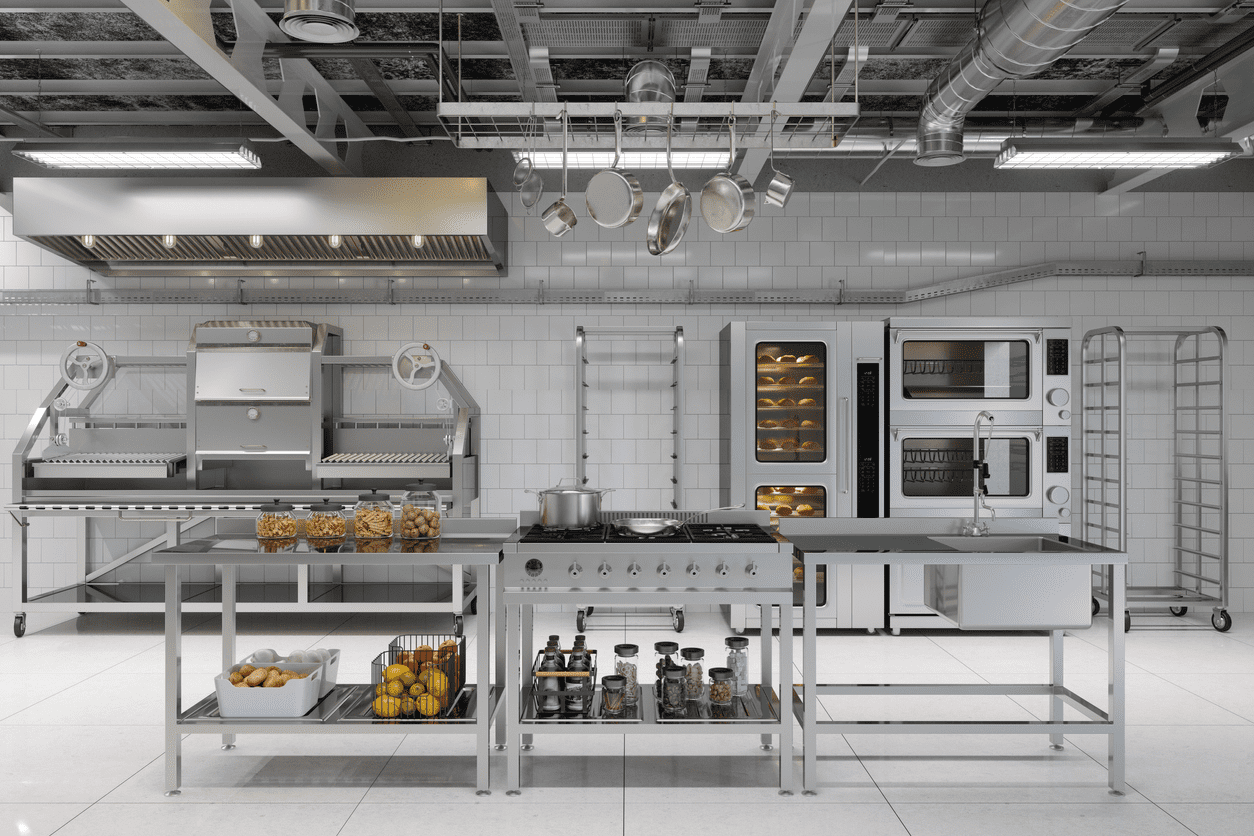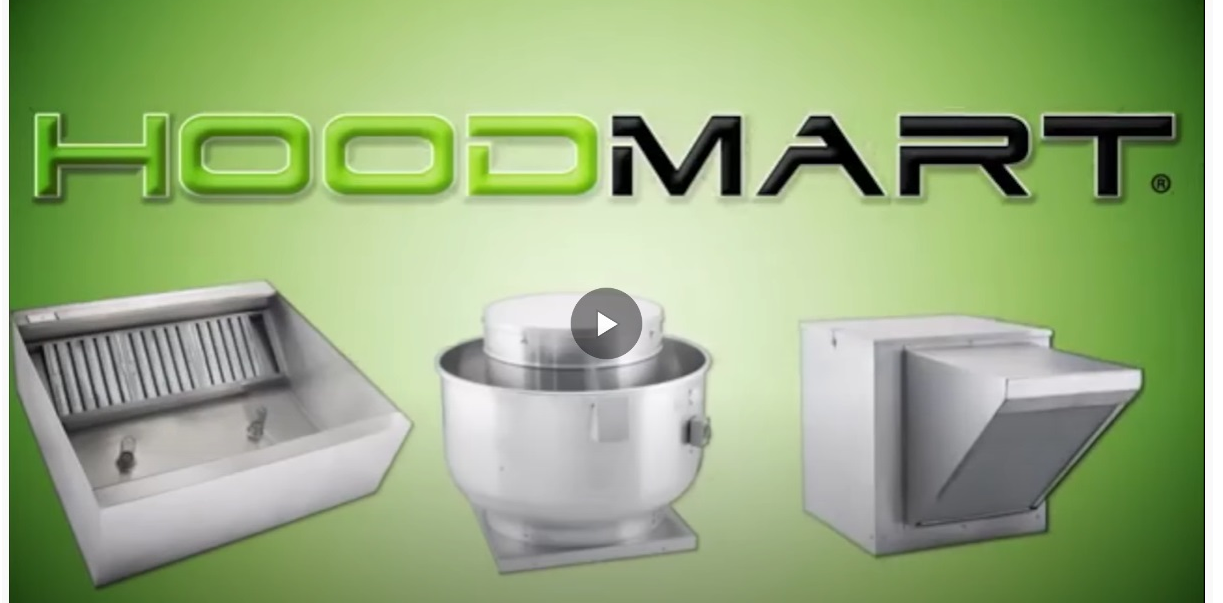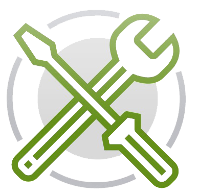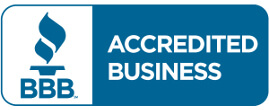We use cookies to help improve our services, make personal offers, and enhance your experience. If you do not accept optional cookies below, your experience may be affected. If you want to know more, please read the Aprende más.
Restaurant Fire Safety Refresher
Restaurant Fire Safety Refresher
- May 31, 2017
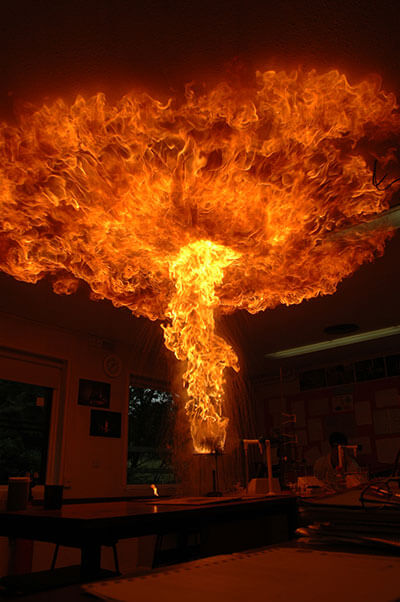
In another installment of our reminders on restaurant kitchen safety – Private Large Kitchen Safety and Restaurant Safety Dos and Don’ts being two others worth looking over – it’s time to take another look at restaurant fire safety basics.
Why all of the focus on safety? Beyond helping you keep your Commercial Kitchen Ventilation system operating efficiently, removing odors and grease from the air, we want to help even more with keeping your kitchen operations safe for all involved. With close to 8,000 restaurants reporting a fire each year, it’s crucial to do all in your power to prevent those fires from starting – or spreading:
Because almost 60% of all restaurant fires involve cooking equipment, it is absolutely essential to install a Fire Suppression System in your kitchen. Have it inspected at least semi-annually, and ensure that all employees know about its location and how to use it.
While fire suppression systems are great, they are not a substitute for portable extinguishers, which if nothing else can serve as effective backups in the event a suppression system fails to put out or otherwise effectively mitigate a fire. Keep Class K extinguishers on hand for all fires involving grease, fats and oils that burn at elevated temperatures (these should be used only after a suppression system has been activated), and Class ABC extinguishers for other fires.
Schedule regular maintenance on electrical equipment and have your exhaust system inspected for grease accumulation – and cleaned as needed.
Train staff in the proper use of fire extinguishing equipment. Make sure they know to never throw water on a grease fire. Store all flammable liquids properly, preferably in the original containers in well-ventilated areas away from flame sources.
Construct an emergency plan and see that every employee knows the drill, including his or her specific role(s). Know how to power down all equipment, devise an evacuation plan and appoint at least one employee per shift who will be in charge of any potential evacuations.
Nothing is more tragic than an accident that could have been prevented by good planning and training ahead of time.







